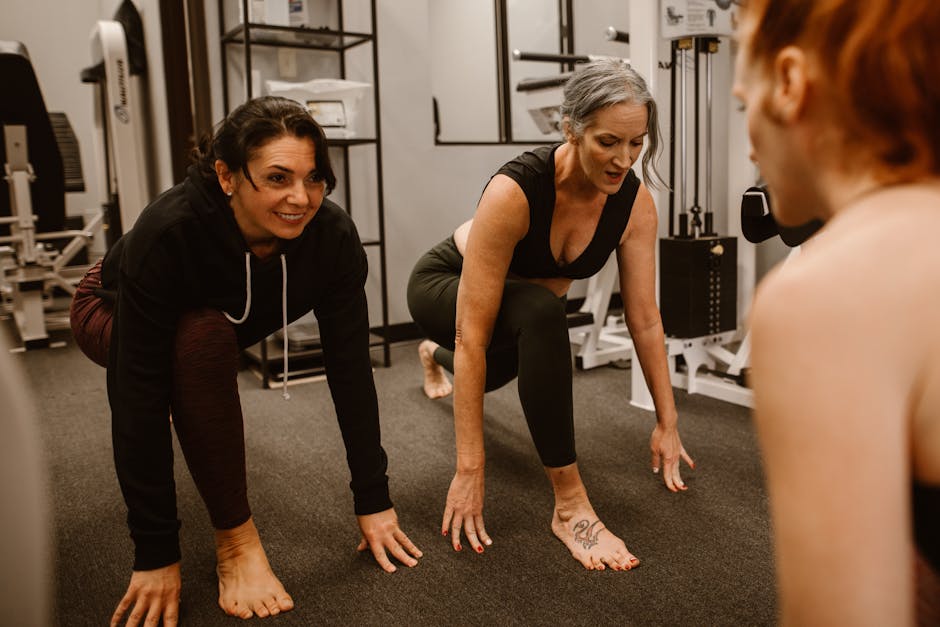The tech world is abuzz with Google flexing its artificial intelligence muscles on our wrists. The latest update for the Fitbit app promises a generative AI-powered health coach—a hyper-personalized, data-driven guru available 24/7 to analyze your sleep, activity, and stress levels for bespoke wellness advice. It sounds like the pinnacle of personal optimization.
But as I read the announcement, I couldn’t shake a nagging thought. A personal coach that pushes you to walk more, cheers on your progress, and calls you out when you’re slacking? Wait a minute… I think I already have that. Her name is Priya, and she drags me out for a 6 AM jog even after I’ve sworn I’m “never drinking again.”
For all its algorithmic brilliance, what is this AI coach if not a digital, less-judgmental version of a good friend?
The Allure of the AI Health Coach: Data-Driven Perfection?
The pitch for Fitbit’s AI is compelling. It offers “insights and actionable guidance” based on your specific data. It won’t give you generic advice; it’ll tell you why you might be feeling tired and suggest a specific bedtime based on your patterns. It’s a neat, efficient, and data-rich solution for your wellness journey.
But health and wellness aren’t just about data points on a graph. They’re messy, emotional, and deeply human.
AI Insights vs. Human Empathy: Where Your Fitbit Falls Short
An AI coach can tell you that your sleep score is low. A friend will listen to you vent for an hour about the work stress that’s keeping you up at night, before telling you to shut up and go to bed. The AI can suggest a 30-minute high-intensity workout. A friend will show up at your door in their gym clothes and say, “Chal na, let’s go. I’ll buy you a juice after.”
The AI has no concept of a bad day, a broken heart, or the sheer, unadulterated joy of sharing a plate of hot samosas on a rainy evening. This is where the human connection remains undefeated.
The Unbeatable Power of a Human Accountability Partner
Accountability isn’t just about a notification buzzing on your wrist; it’s about not wanting to disappoint someone who is counting on you, and who you are counting on in return. It’s the shared misery of that last set of squats that makes it bearable. It’s the celebratory high-five after conquering a steep hill on a morning walk. It’s the gentle ribbing on the WhatsApp group when you post a picture of the biryani you were supposed to be avoiding.
In India, especially, our lives are woven into a rich tapestry of community. From the neighbourhood aunties’ walking club to the office colleague who becomes your gym buddy, we instinctively understand that motivation is a team sport. This new wave of hyper-individualised tech, while useful, risks isolating us in our own little data bubbles, forgetting the profound power of doing things together.
The Verdict: AI for Data, Friends for Motivation
So, is Google’s new AI coach a bad thing? Not at all. It’s a fantastic tool. It can provide you with the ‘what’—the data, the patterns, the raw information about your body. But it can never provide the ‘why’—the laughter, the empathy, the shared struggle, and the feeling that you’re not in this alone.
By all means, let the AI analyze your REM sleep. But don’t forget to call up a friend and go for that walk. Because while a Fitbit can track your heart rate, it takes a real friend to know your heart. And no algorithm can replicate that.




